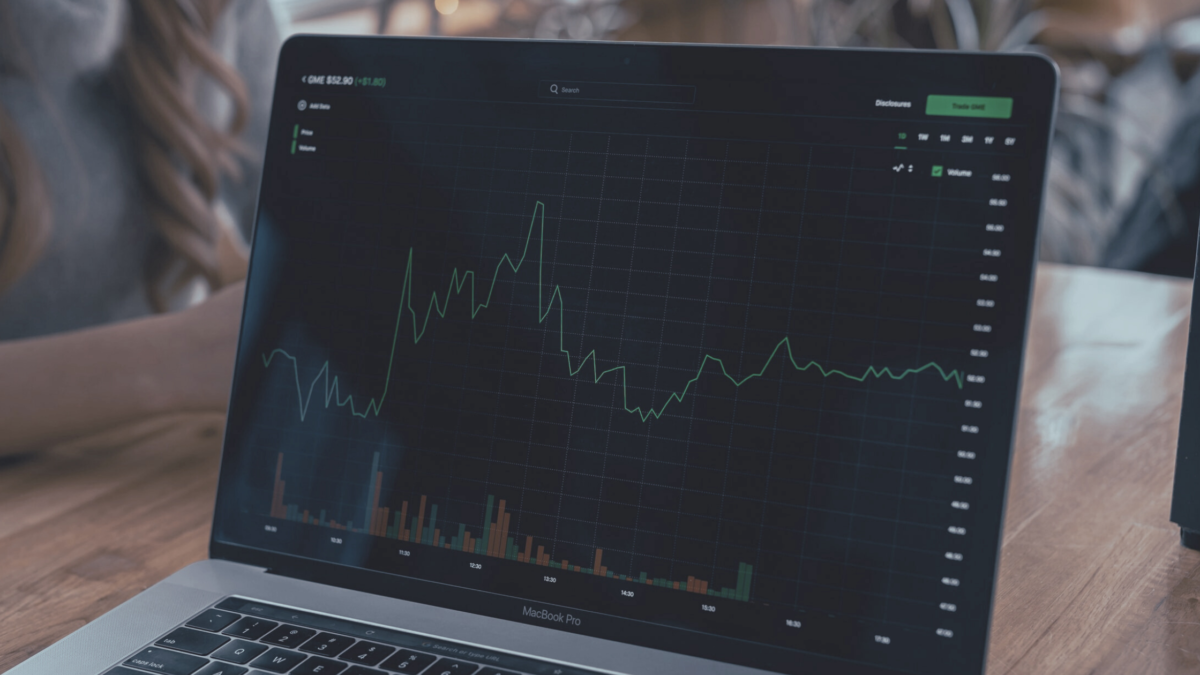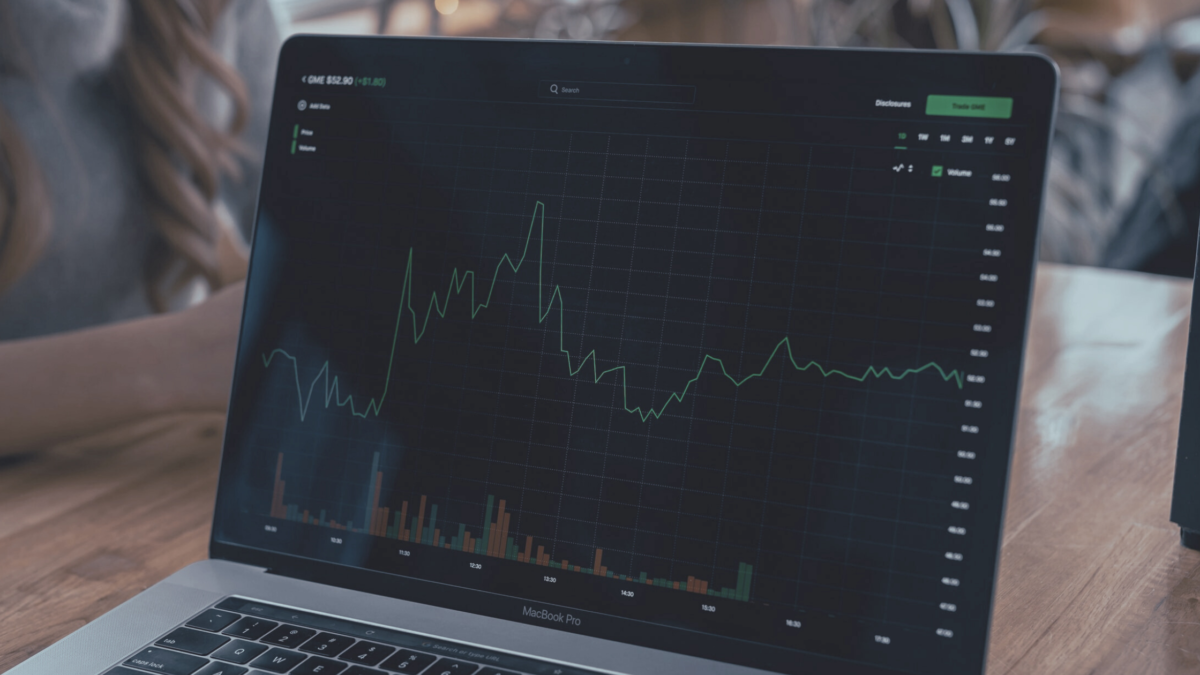Understanding Podcast Analytics as a Disctopia Creator
- 4 min read
- May 05, 2021

One goldmine podcasters have failed to take advantage of is the understanding podcast analytics. Our focus in the piece is directed at podcasters and how every of your podcast episode is what your audience wants.
We are in the age of data, and being creative won’t be enough to help you as a podcast. Data is what makes Mark Zuckerberg and Jeff Bezos appear godlike today. Nothing stops you from being a titan in the podcast industry, only if you know the power you hold in your hands through analytics.
 With data, you can quickly become an industry thought leader by creating content everyone wants. It’s all about leveraging the data to enable you to build an audience, increase your downloads, and become successful at podcasting.
It’s a worthwhile venture to have an understanding of podcast analytics and metrics to serve your listeners better.
With data, you can quickly become an industry thought leader by creating content everyone wants. It’s all about leveraging the data to enable you to build an audience, increase your downloads, and become successful at podcasting.
It’s a worthwhile venture to have an understanding of podcast analytics and metrics to serve your listeners better.
 With data, you can quickly become an industry thought leader by creating content everyone wants. It’s all about leveraging the data to enable you to build an audience, increase your downloads, and become successful at podcasting.
It’s a worthwhile venture to have an understanding of podcast analytics and metrics to serve your listeners better.
With data, you can quickly become an industry thought leader by creating content everyone wants. It’s all about leveraging the data to enable you to build an audience, increase your downloads, and become successful at podcasting.
It’s a worthwhile venture to have an understanding of podcast analytics and metrics to serve your listeners better.
Why You Should Have an Understanding of Podcast Analytics?
1. To Better Serve Your Listeners
You need an audience into your listenership, an understanding of who is listening to your podcast, and for how long. With analytics, you will be able to craft suitable content. The podcast analytics should reveal the number of listeners, when they listened, and how your podcast was accessed. More importantly, the length of the episode listened to and your highest-ranking episodes. Armed with these data, you are better prepared to switch things up to suit your audience.2. Growth Measurement
By tracking your podcast performance, you are in a position to improve your podcast. Invest time into studying and analyzing your podcast analytics. The awareness of the pace of your growth will further help in cementing the success of your podcast. There’s no better way to grow until you know what you are doing right and what can be improved upon.3. To Determine How Soon You Can Make Money
You need to nurse your podcast to a point to think of monetization. For instance, if you are considering advertisements in your podcast, you need to know your number of listeners. This will help you determine the cost per mille (CPM) that you will charge your advertisers. By knowing the number of listeners downloading every episode, you can ascertain how much money you can make.Which Podcast Analytics Should You Track?
According to Improve Podcast, there are over 50 podcast metrics, making analytics confusing. No need to be lost in the sea of metrics; here are the most important ones to track;-
Total Downloads
-
Unique Downloads
-
Subscription
-
Demography
-
Social Sharing



